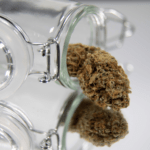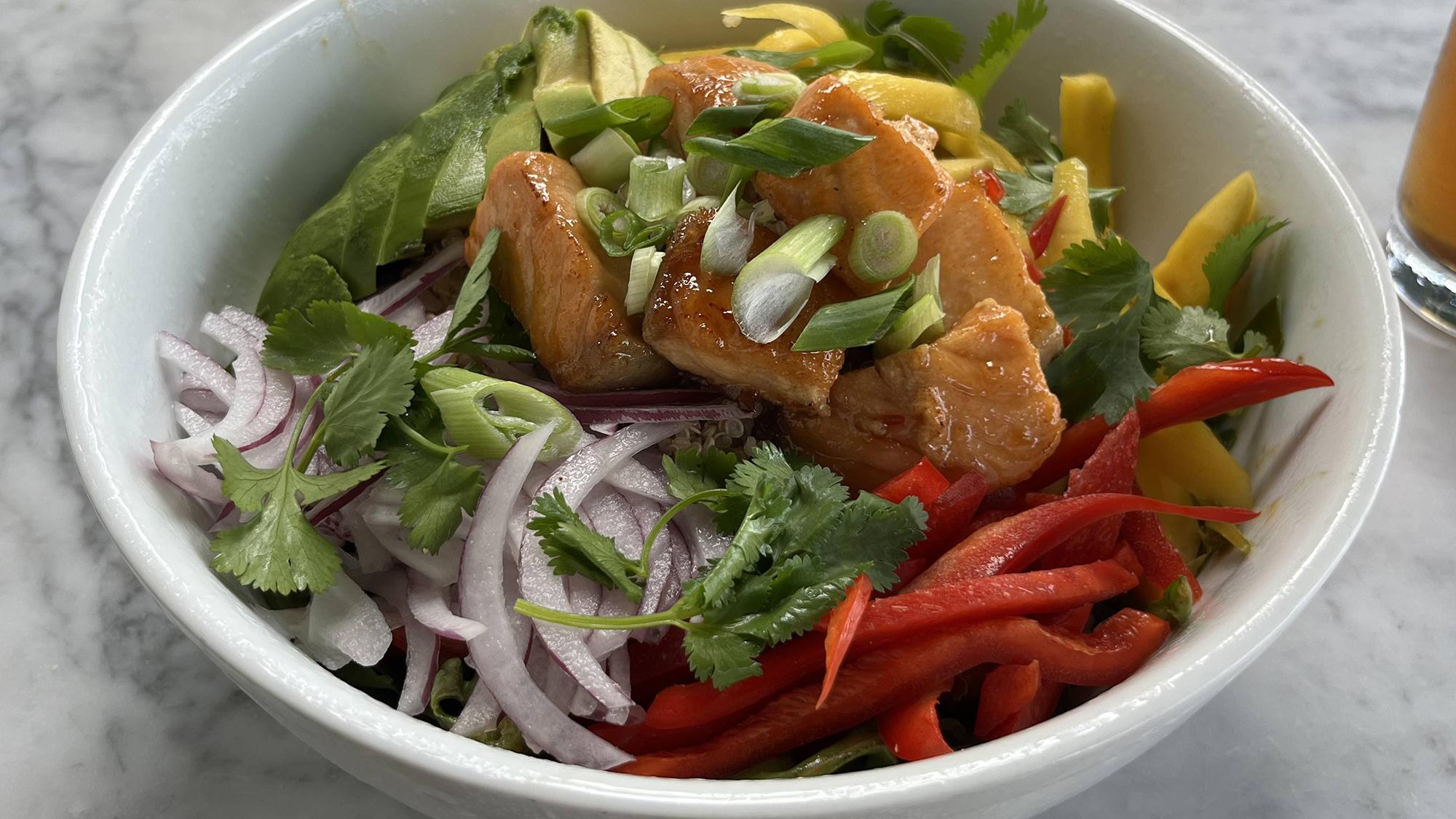As hemp oil continues to make its way into kitchens and wellness routines, many consumers are asking a common question: how much hemp oil should they actually use when adding it to food or beverages? While hemp oil offers valuable nutrients and a rich nutty flavor, moderation and understanding dosage are key to ensuring optimal health benefits without overuse.
Understanding Hemp Oil’s Nutritional Value
Hemp oil—pressed from the seeds of the hemp plant—is rich in omega-3 and omega-6 fatty acids, gamma-linolenic acid (GLA), antioxidants, and vitamins such as E and B. According to the U.S. Department of Agriculture, one tablespoon of hemp seed oil contains roughly 120 calories and 14 grams of fat—similar to olive oil. It is free from trans fats and cholesterol, making it an excellent addition to salads, smoothies, and cold dishes.
Because of its delicate polyunsaturated fats, hemp oil is best consumed raw or at low heat. Heating beyond 300°F (150°C) can degrade its nutrients and alter its taste.
Recommended Serving Sizes
Experts from reputable wellness sources such as Healthline and Medical News Today suggest that most adults can safely consume one to two tablespoons (15–30 milliliters) of hemp oil per day. This range provides enough essential fatty acids to support cardiovascular, skin, and brain health without exceeding daily caloric or fat intake goals.
For those new to hemp oil, it’s advisable to start with one teaspoon (5 milliliters) daily and gradually increase as tolerated. Since hemp oil has a distinctive earthy flavor, smaller portions allow users to find their ideal taste balance in recipes like smoothies, soups, or drizzled vegetables.
Adding Hemp Oil to Food and Drinks
Hemp oil can be blended into a variety of dishes for both flavor and nutrition:
- Smoothies and Juices: Add 1 teaspoon to start. The oil blends well with fruits, greens, and protein powders.
- Salad Dressings: Use 1 tablespoon as a base oil mixed with lemon, herbs, or apple cider vinegar.
- Soups and Bowls: Stir in 1 teaspoon after cooking to retain nutrients.
- Yogurt or Oatmeal: Mix in half to one teaspoon for a boost of omega fatty acids.
While hemp oil is safe to consume daily, balance is essential. Its high calorie density means overuse can lead to unwanted calorie intake.
Potential Considerations
Hemp oil does not contain THC or CBD in measurable amounts when derived from hemp seeds, but consumers should ensure they’re purchasing food-grade, cold-pressed hemp seed oil from reputable brands. Those with medical conditions or who are taking blood thinners should consult a healthcare professional before regular use, as omega-3 fatty acids can have mild blood-thinning effects.
Final Thoughts
There is no one-size-fits-all dosage for hemp oil, but moderation and gradual introduction are key. One to two tablespoons daily is a widely accepted guideline supported by nutritional experts. By adding hemp oil thoughtfully into meals and drinks, consumers can enjoy its rich nutrient profile and health-enhancing benefits while maintaining dietary balance.






